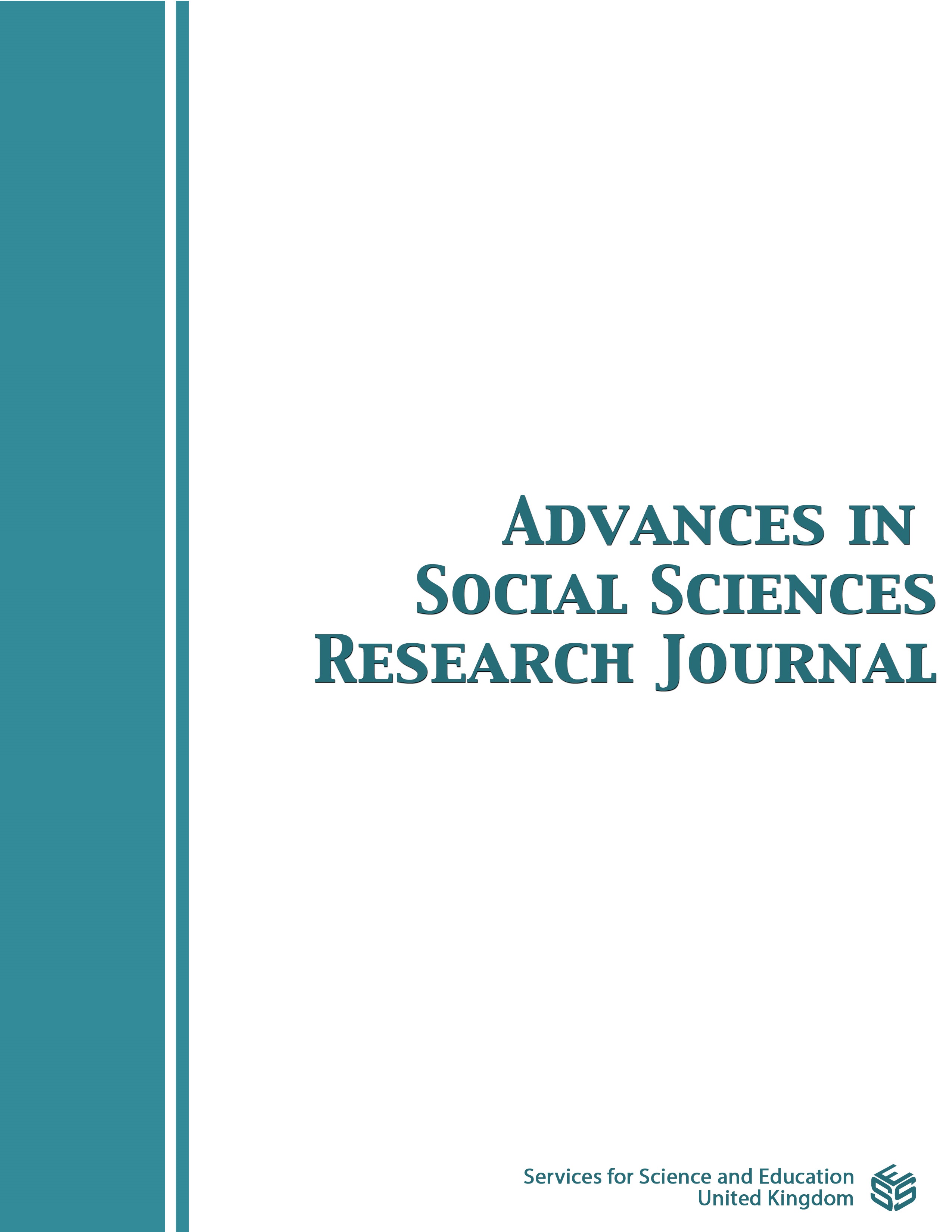Exploring Coding as a Catalyst for Critical Thinking Development: A Case Study in a Private School in Lebanon
DOI:
https://doi.org/10.14738/assrj.1202.18347Keywords:
Critical Thinking, Computational Thinking integration, Project based Hands-on Learning, Skill-Based Learning, Teacher PedagogyAbstract
This study explores the impact of integrating coding into classroom instruction on the development of critical thinking skills among grade fifth learners in beirut Lebanese. By providing learners with opportunities for hands-on experimentation, collaborative planning, and self-reflection, the study aimed to foster a deeper level of critical thinking. Although the learners initially preferred traditional textbook-based learning, significant improvements in critical thinking were observed in the experimental group (127 learners), demonstrating the effectiveness of an experiential learning approach. The teacher played a crucial role in guiding learners, offering tailored resources, and ensuring that each learner had the opportunity to build knowledge both individually and as part of a team. The study highlights the importance of spreading coding integration across multiple sessions, rather than limiting it to a single weekly session, to maximize learners engagement and learning outcomes such as developing their critical thinking skills. Additionally, the research emphasizes the need for a unified definition of critical thinking skills across the school to ensure systematic development. The findings suggest that coding, when integrated into subject-specific lessons, can develop essential problem-solving and computational thinking skills, making it a valuable tool in primary education. The study recommends further research in both private and public school settings to compare the effects of coding on critical thinking. This research contributes to the limited body of literature on coding's impact within the Lebanese educational context and provides a framework for future studies on skill-based learning and coding implementation.
Downloads
Published
How to Cite
Issue
Section
License
Copyright (c) 2025 Sara Abou Afach, Ibrahim Kibbi

This work is licensed under a Creative Commons Attribution 4.0 International License.
Authors wishing to include figures, tables, or text passages that have already been published elsewhere are required to obtain permission from the copyright owner(s) for both the print and online format and to include evidence that such permission has been granted when submitting their papers. Any material received without such evidence will be assumed to originate from the authors.






